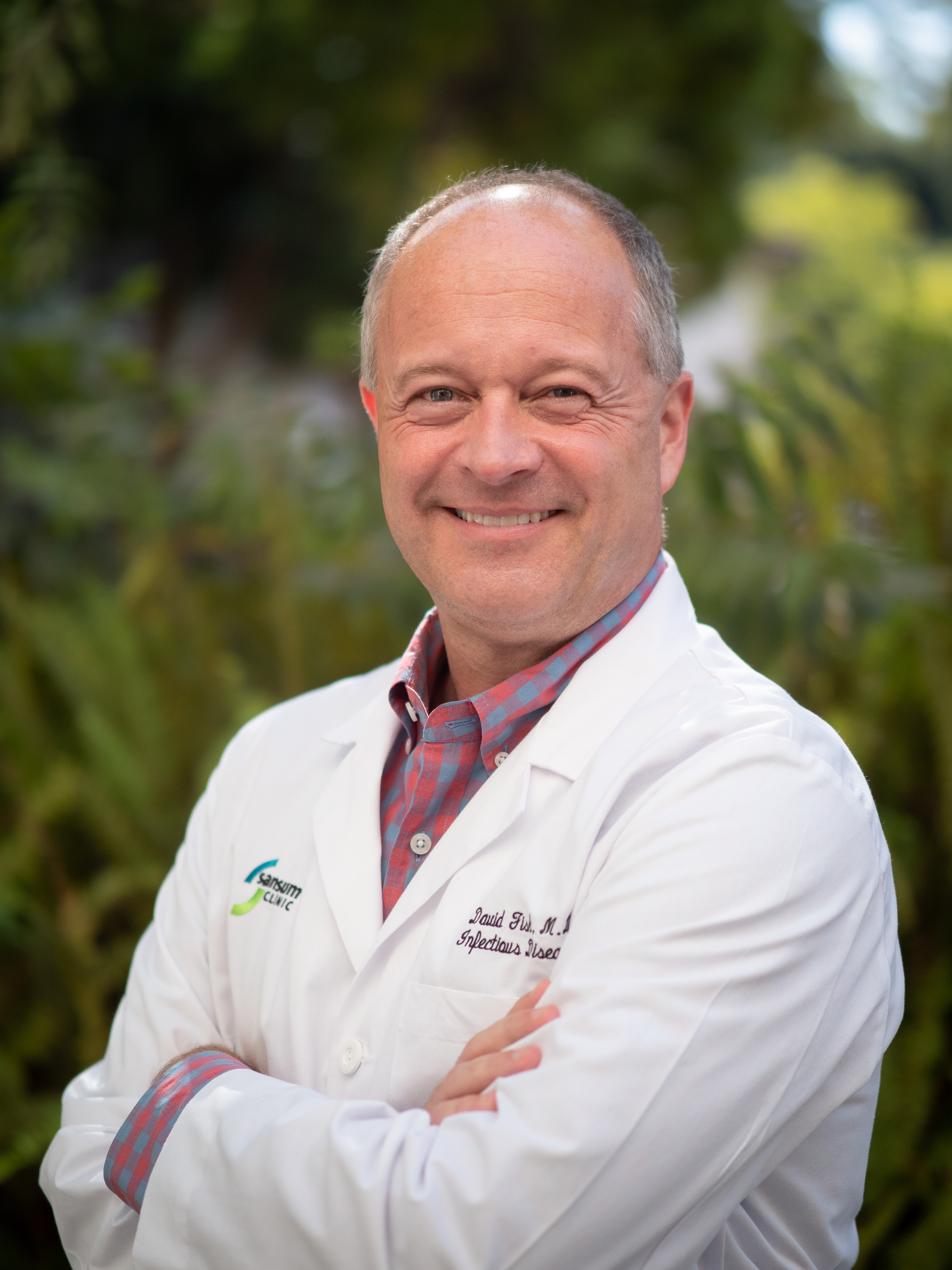 What have you learned about treating patients with covid-19 today compared to the start of the outbreak?
What have you learned about treating patients with covid-19 today compared to the start of the outbreak?Compared to the early days of the pandemic, we’ve learned more about how the virus behaves. We know more about how it spreads (through the air), who is at greatest risk from it, and how to care best for those who contract it. We’ve refined our processes and systems for providing this care in a way that is safe for our staff and for patients whose medical needs are unrelated to COVID-19.
Can you tell us about the different drugs, steroids, antibody serums, or other therapies available and which ones you’ve seen improve outcomes?Treatment options continue to evolve as we learn more about the virus and review research. Each patient’s acuity, symptoms and comorbidities are different and thus what is best care for one pa-tient may differ from the best care for another. Timing of the treatment (in the course of someone’s illness) is also a factor that influences whether a given therapy may or may not work for a given patient. We’ve seen positive outcomes in hospitalized patients who have been treated with dexamethasone, and with remdesivir. We’ve observed that a combination of interferons and ribavirin may provide benefits early in the course of treatment. We participated in a study on the effectiveness of convalescent plasma. Other drugs for treating this virus will be added to our list of options in the near future, which will help. Prevention remains our best defense. Once people are hospitalized, we’re dealing with a very serious illness.
Are ventilators used less now for Covid-19 patients? We have far fewer patients in the hospital now than we did in July, therefore we are using far fewer ventilators for COVID-19 at the moment. Throughout the pandemic, we have used ventilators when we need them to support a patient’s breathing if other options are not successful, and we have learned that using them earlier in the course of the disease may be more beneficial than we thought in April. Ventilators are essential tools for treating severe COVID-19 illness.
Any theories on why the south coast case rate dropped at the start of the fall season?I think the main explanation for why the South Coast COVID-19 rate has dropped is the increase in testing, and the increased availability of testing so that people are able to be identified earlier and can therefore be isolated if they have the virus. This is essential to reducing the spread. Also, people have taken seriously the guidance of masks and distancing. People are wearing masks, avoiding gatherings and washing their hands more than ever. This helps protect our community. However, it’s likely the numbers could go back up in coming months.
If masks have helped lower infections, will this help during flu season?We now have quite good data showing that masks reduce the spread of COVID when worn by community members. We don’t yet have comparable data on the spread of influenza and wearing masks outside of healthcare settings, so we can’t infer that the same benefits we see from mask wearing for COVID-19 prevention are present for other respiratory infections. A flu vaccine will offer the best protection and is especially important this year so we don’t find our community bat-tling flu and COVID-19 at the same time.
Flu remains a very lethal illness, killing 30,000 and sometimes 50,000 people in a typical year in the United States. The vaccine is highly-effective at reducing the likelihood of death from influenza. The highest risk group for deaths from influenza are pregnant women, those with severe obesity and the elderly.
Any recommendations to people to make it through the winter safely?One, get your influenza vaccine. The vaccine is for everyone over the age of 6 months.
Two, continue to wear a mask outside your household when indoors and when less than six feet anywhere, including in an outdoor setting.
Three, practice physical distancing and continue the protective measures that we’ve developed in our community over the last several months. This includes avoiding large group social gatherings – even with extended family and friends – where we know many people can be infected from one. Staying within your household is the safest practice.
If you begin to feel sick with cold, flu or COVID symptoms, stay home and call your healthcare provider.
Our providers, staff and Wave team members performed near miracles in record time to bring Sansum Clinic Telehealth to life.